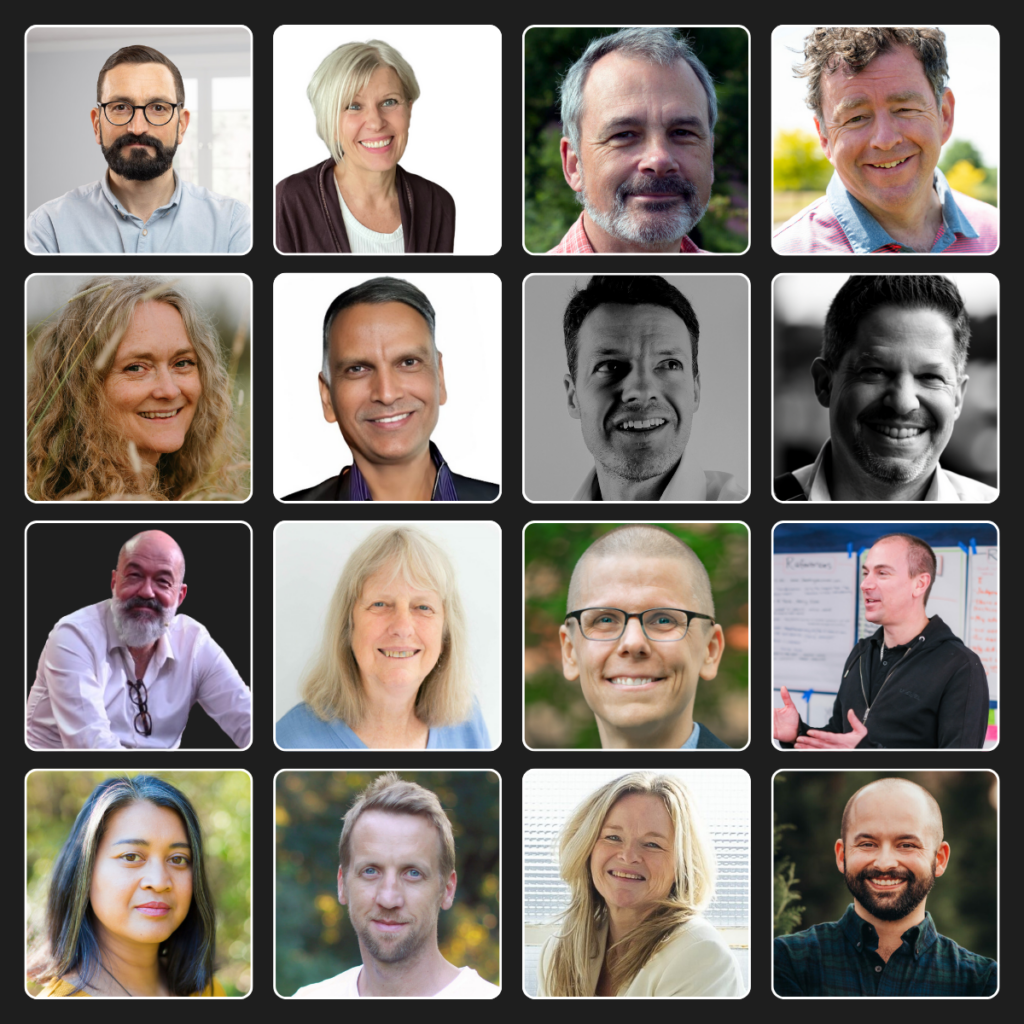The 10 Characteristics of Nondual Coaching Clients
The 10 common characteristics of the audience
Nondual coaching is particularly beneficial for clients at a certain stage in their personal and spiritual development. Ideal clients typically exhibit the following characteristics:
1. Established Seekers
Individuals who have some understanding or previous experience with spiritual practices, mindfulness, or nondual teachings. They may already have a foundation in meditation, yoga, or other practices that emphasize presence and awareness.
2. Open-Minded
Clients who are open to exploring beyond conventional paradigms of self-improvement and are willing to question deeply held beliefs and concepts about themselves and the world.
3. Committed to Self-Inquiry
Those who are ready to engage in deep self-inquiry and are motivated to look beyond surface-level issues to understand the root causes of their suffering and limitations.
4. Experienced Coaches
Professional coaches who have a solid grasp of coaching methodologies and seek to integrate a more profound, existential dimension into their practice.
5. Spiritual Growth Seekers
Individuals who feel that they have reached a plateau in their spiritual journey and are looking for deeper, more transformative experiences that lead to a direct realization of their true nature.
6. Holistic Thinkers
Clients who appreciate a holistic approach to life and personal development, valuing the integration of mind, body, and spirit.
7. Professional Leaders
Leaders and executives who are interested in bringing greater presence, authenticity, and holistic awareness to their leadership style and organizational culture.
8. Individuals Facing Existential Questions
Those experiencing life transitions, crises, or a sense of existential dissatisfaction who are seeking to find deeper meaning and fulfillment beyond material success and external validation.
9. Emotionally Mature
Clients who have a basic level of emotional intelligence and maturity, capable of handling the sometimes challenging process of deconstructing egoic structures and facing one’s true self.
10. Interested in Lasting Change
Individuals who recognize that lasting transformation comes from within and are ready to invest the time and effort required for deep, sustainable change.
In summary, the ideal clients for nondual coaching are those who are already somewhat familiar with spiritual concepts and practices, are open and willing to deeply explore their inner world, and seek holistic and transformative growth that transcends conventional self-improvement methods.
The 10 common characteristics to generally avoid
While nondual coaching can be profoundly transformative, it may not be suitable for everyone. Here are some types of clients who might find nondual coaching less effective or inappropriate for their current stage of development:
1. Beginners in Personal Development
Clients who are new to personal growth, self-awareness, or spiritual practices may find nondual concepts overwhelming or difficult to grasp without a foundational understanding of basic mindfulness or self-inquiry practices.
2. Looking for Quick Fixes
Those who seek immediate solutions, quick fixes, or specific action plans to achieve short-term goals may not find the slower, more introspective process of nondual coaching to meet their needs.
3. Rigid Thinkers
Clients who have a highly rigid, logical, and analytical approach to life and are resistant to exploring more abstract or experiential realms of consciousness may struggle with the nuanced and often paradoxical nature of nondual teachings.
4. Severe Mental Health Issues
Individuals dealing with severe mental health conditions such as deep depression, severe anxiety, or psychosis may require more specialized therapeutic interventions and support before engaging in nondual coaching.
5. Highly Ego-Driven Goals
Those who are primarily focused on achieving ego-driven goals such as career advancement, financial success, or social status may not align with the deeper existential inquiries and focus on being rather than doing that nondual coaching emphasizes.
6. Lack of Commitment
Clients unwilling or unable to commit to consistent self-inquiry, reflection, and the sometimes challenging process of dismantling long-held beliefs may not benefit fully from nondual coaching.
7. Unwilling to Face Discomfort
Nondual coaching often involves facing uncomfortable truths and letting go of comforting illusions. Clients who are not ready or willing to engage with this level of discomfort might find the process too challenging.
8. Skeptical or Cynical
Individuals who are highly skeptical or cynical about spiritual or non-conventional approaches may not be open enough to fully engage with the process, limiting their potential for transformation.
9. Prefer Structured Approach
Those who thrive in highly structured, step-by-step programs with clear guidelines and measurable outcomes may find the fluid and open-ended nature of nondual coaching disorienting.
10. Lack of Basic Emotional Stability
Clients who lack basic emotional stability and self-regulation skills may need to develop these foundational aspects before engaging in the deeper work of nondual coaching.
Nondual coaching is best suited for those who have reached a point in their personal or spiritual journey where they are ready to explore beyond the ego and conventional self-improvement, seeking a deeper understanding and direct experience of their true nature. Those not meeting these criteria may benefit from more foundational or traditional forms of coaching and therapy before transitioning to a nondual approach.

Join the NDLCA community
At NDLCA we support each other in being of service from self-less presence. We’re an international, online community of coaches and helping professionals.
As a member of the NDLCA community, you’ll connect with practitioners who align with self-less principles.
Access weekly dialogues and a vibrant group chat, all designed to support your profession in a way that serves others.
